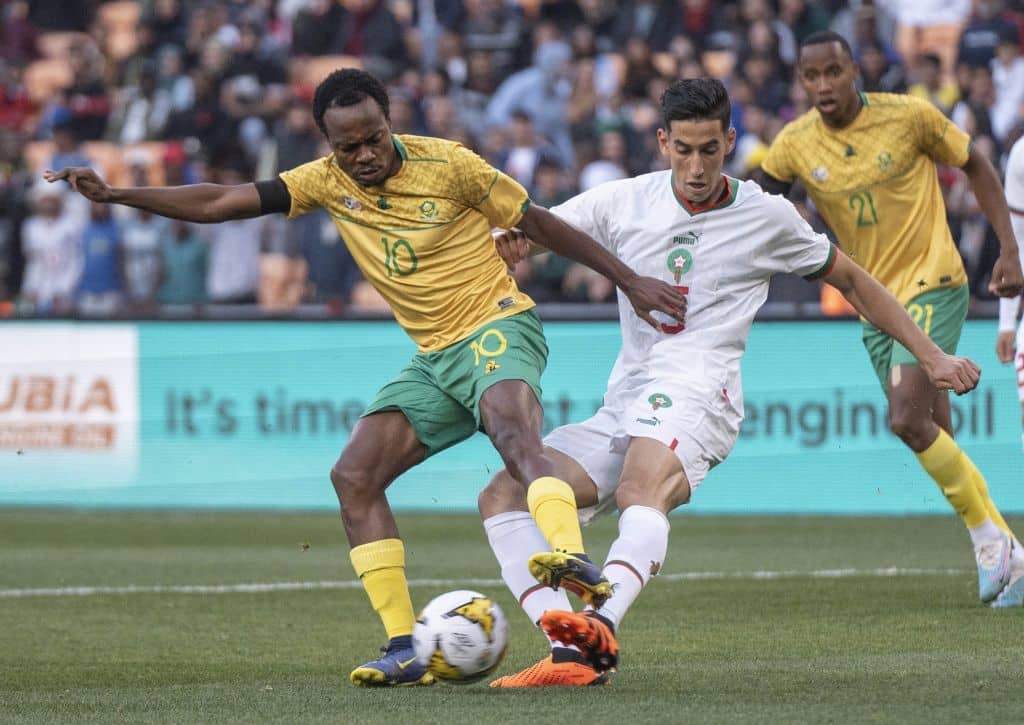The African Cup of Nations (AFCON), the continent’s most important international men’s association football competition, is less than two months away. FORBES AFRICA offers some insight into what one can expect in the build-up to this much-anticipated exhibition.
Few times, if ever, has the favorite going into an Africa Cup of Nations (AFCON) tournament emerged after a month of intense action hoisting aloft the trophy.
But two years ago, at the last edition in Cameroon, Senegal were certainly a sentimental favorite because they had come so close on several previous occasions but never won, and so when they emerged as victors, it was to many neutrals’ delight.
As reigning African champions, that will make them among the fancied sides this time round, which if historic precedence is followed, will not be welcome.
No team since Egypt in 2008 has been able to hold on to the African crown and Ghana and Cameroon are the only other countries able to retain their title.
Loading...
The 34th edition Cup of Nations will kick off on January 13 and is being hosted in the Côte d’Ivoire – a second time for the West African country after the 1984 finals.
Then it was an eight-team tournament, completed in the space of 14 days, but Africa’s continental championship is much evolved. This time round, the Ivorians host 24 teams at six different stadia, four of them newly built for the tournament, which will have a bevy of top stars on display, with the ever-increasing number of African players now featuring in the top leagues in Europe.
Their clubs are not happy they will be absent for up to a month but FIFA rules dictate national teams enjoy preference on the players’ service over clubs when a continental championship, like AFCON, is hosted. Ideally, the players should not have to suffer the tug of club versus country.
But this tournament was moved back six months because of concerns over the rainy season in the region and is now being hosted slap bang in the middle of the league season to the chagrin of the clubs who now lose the services of their best African players.
The concerns over the weather should have been raised when the Ivorians first bid to host the finals but are genuine and have already caused much consternation long before a ball has even been kicked.
The newly-built showpiece Stade Olympique d’Ebimpé in Abidjan, where the final is due to be played on February 11, turned into a paddling pool in September when the Ivory Coast played Mali in a friendly and the heavens opened. There was no proper drainage and eventually the game had to be called off to the embarrassment of the Ivorians.
There were pitch problem at the last Cup of Nations in Cameroon too, to the consternation of the Confederation of African Football (CAF), and they can ill afford a repeat this time, seeking to assure that the playing surfaces are of a quality that ensures a good footballing spectacle. French experts have been called in to make sure all the pitches are ready for carpet football once the event gets underway.
If all conditions do turn out to be top class, it is tournament that has the potential to be a top quality event, given the strength and depth of the protagonists.
Of the 24 participating nations, half have won the tournament previously. This time there are no newcomers but some tricky minnows with a proven pedigree for creating carnage. Equatorial Guinea and the Gambia, for example, were giant killers at the last finals and return again with the ability to upset the established pecking order.
Hosts Côte d’Ivoire, who have won twice before in 1992 and 2015, have a talented squad but are a little short of tournament temperament. They will look to the former England international Wilfred Zaha to lead their hopes and he certainly has the x-factor to lead them to the winners’ podium.
Morocco, on the back of their heroic exploits at the 2022 World Cup, will be the most fancied side but teams from Arabic-speaking North Africa have a long history of struggling when AFCON is hosted south of the Sahara.
Egypt did win in Burkina Faso in 1998 and again in Ghana 10 years thereafter, but Morocco have pointedly failed time and again in the continental championship, particularly when they have been hailed as pre-competition favorites.
Perhaps this will be their time given the confidence they collected in Qatar, where the 2022 World Cup took place, when they became the first African, and Arab, nation to reach the semi-final.
Algeria will have a heavyweight selection of French-born players from the massive Diaspora that they have across the Mediterranean, while Egypt are ever dangerous, particularly if Mohamed Salah is on song. Egypt lost narrowly in the last Cup of Nations finals to Senegal on post-match penalties.
It has been a decade since Nigeria last won the competition but this could be their opportunity again with a squad brimful of attacking talent. It is led by the striker Victor Osimhen, who finished top scorer in Italy last season where he helped Napoli to win the league.
Often times, however, the players’ ambition is let down by the foibles of their administrators, whose incompetence might make things tough for Nigeria to realize its massive potential.
The tournament is being played in Abidjan (two stadiums), Bouake, Korhogo, San Pedro and Yamoussoukro with all but two of the venues built specifically for the tournament.
Loading...
